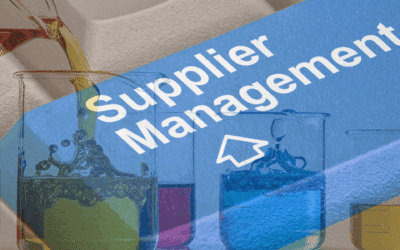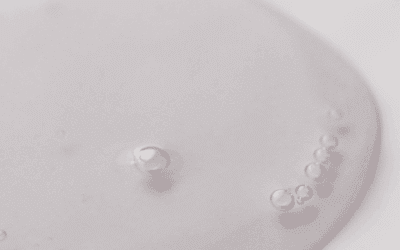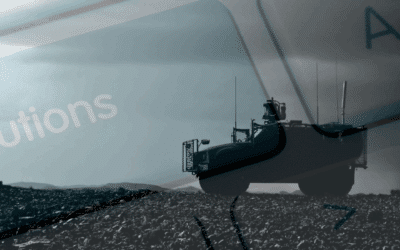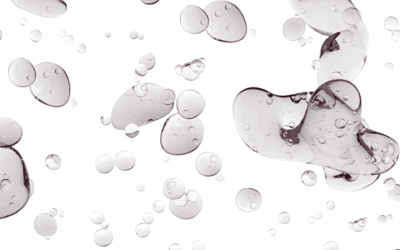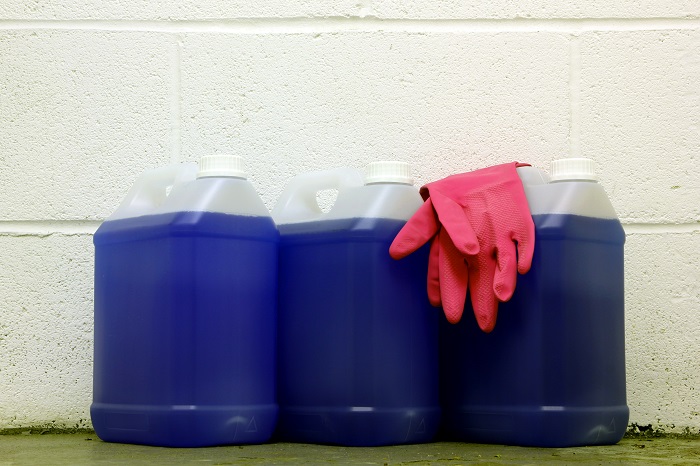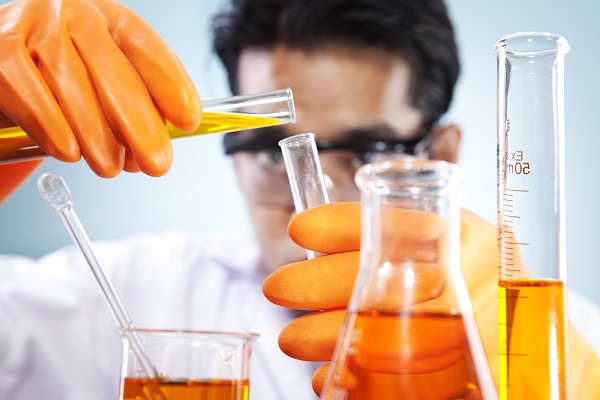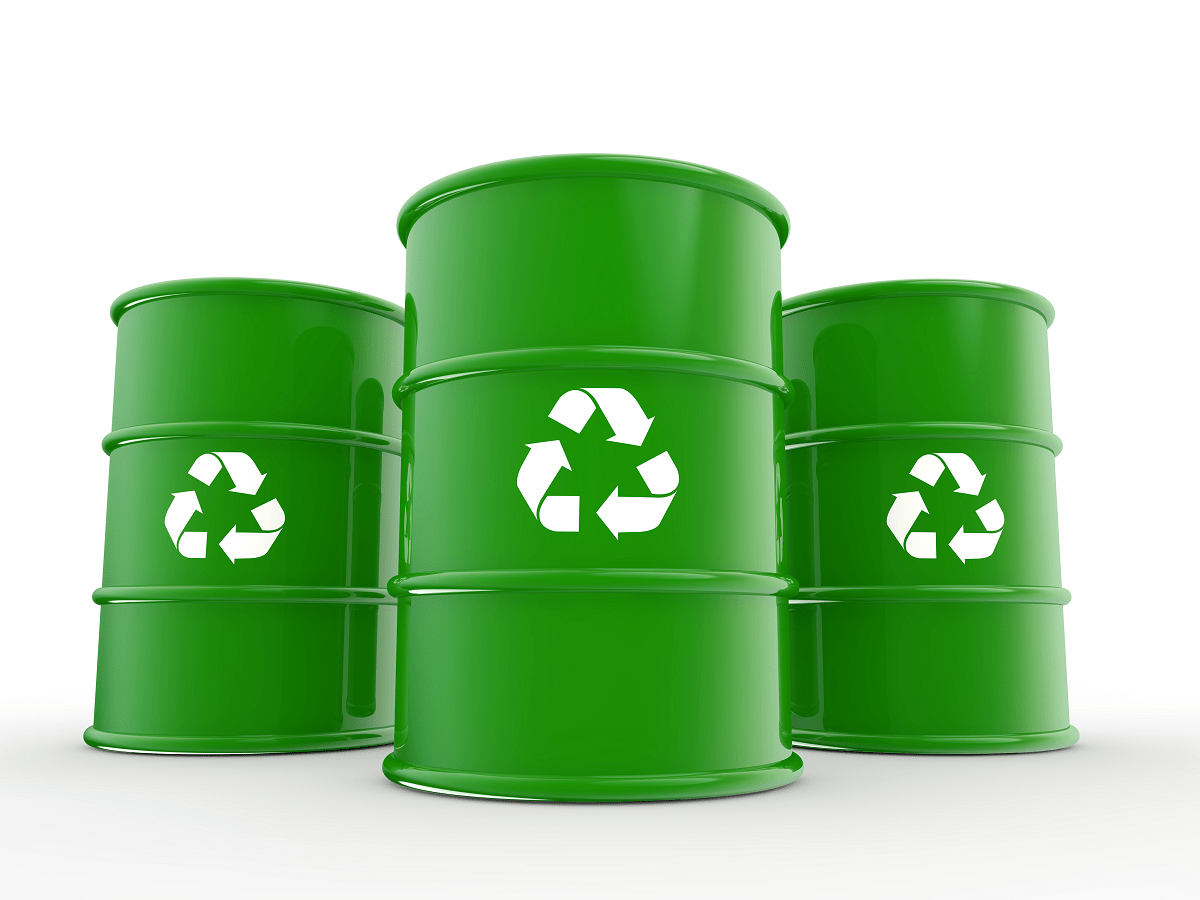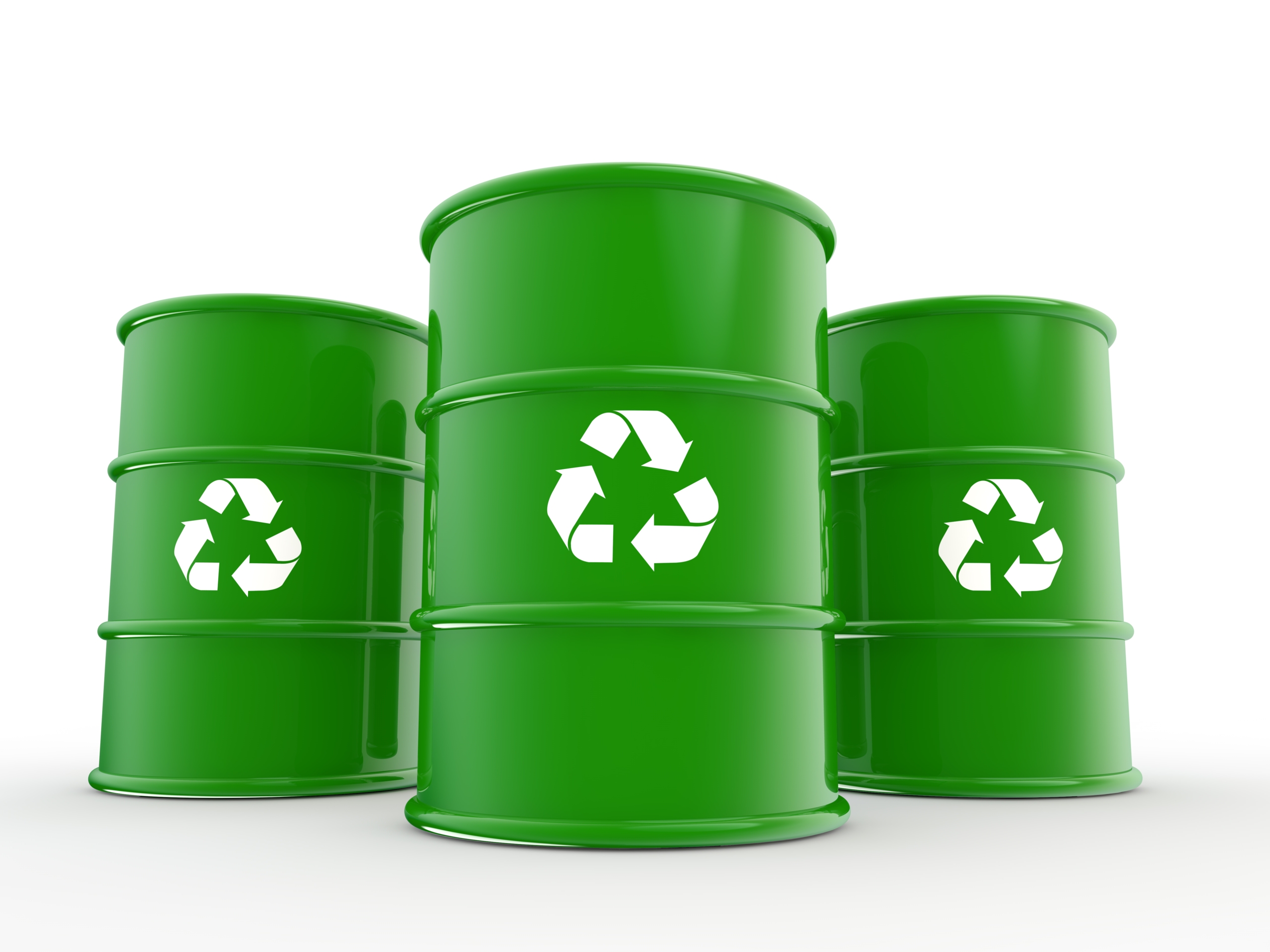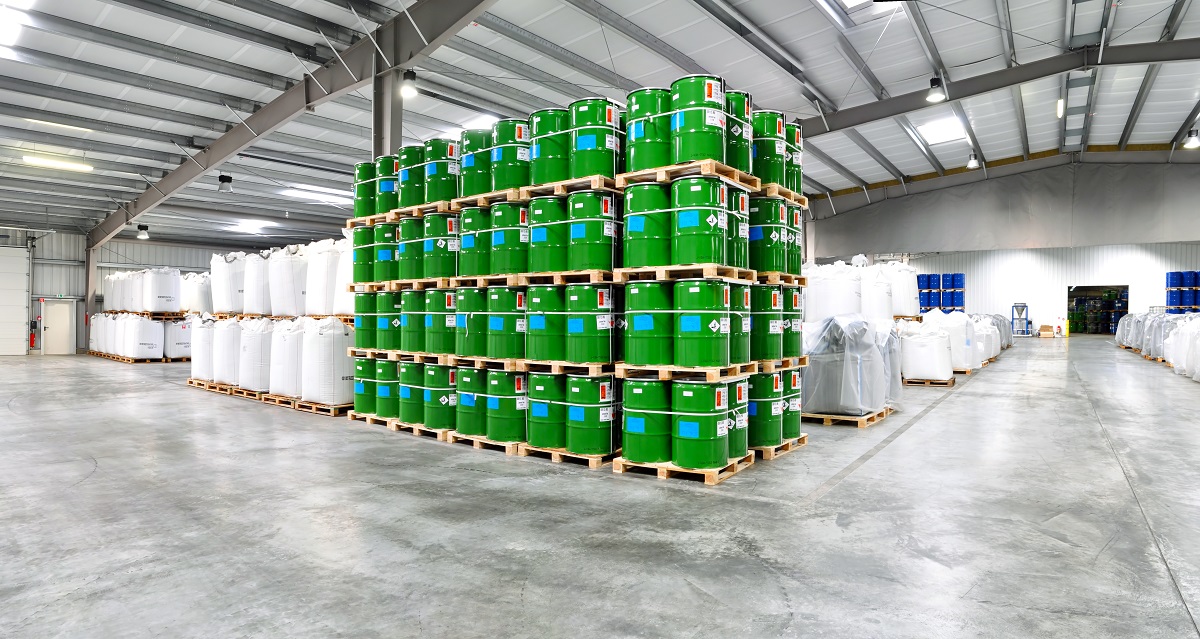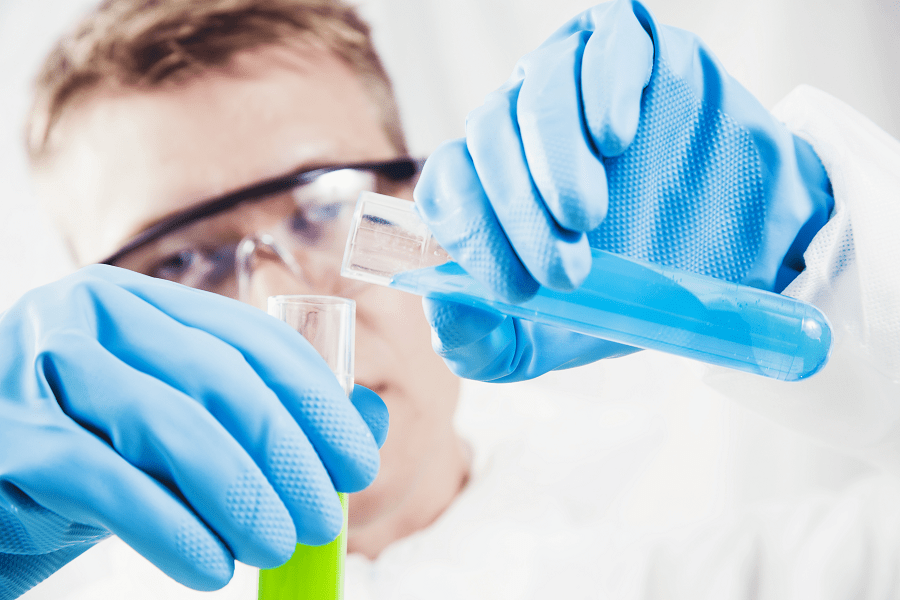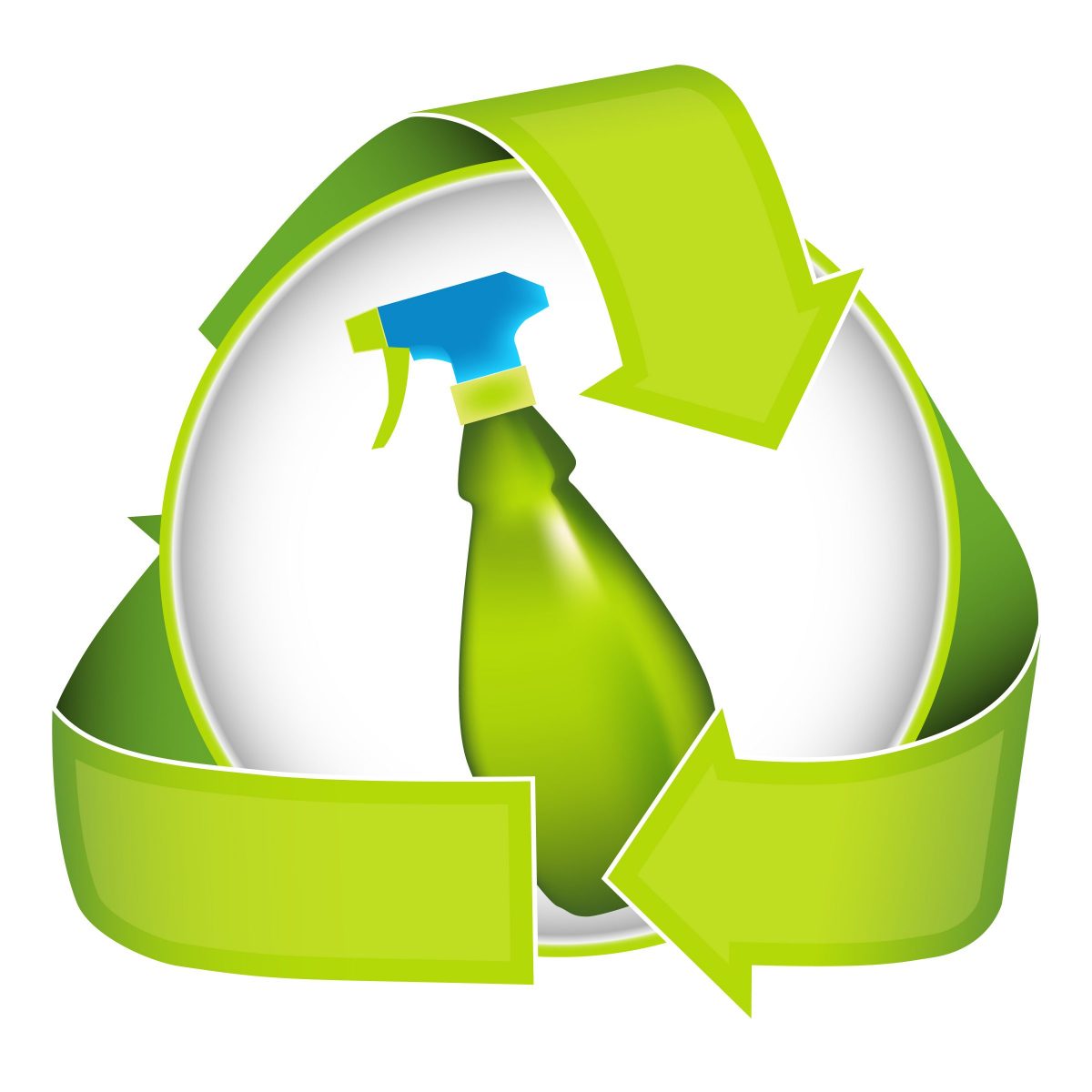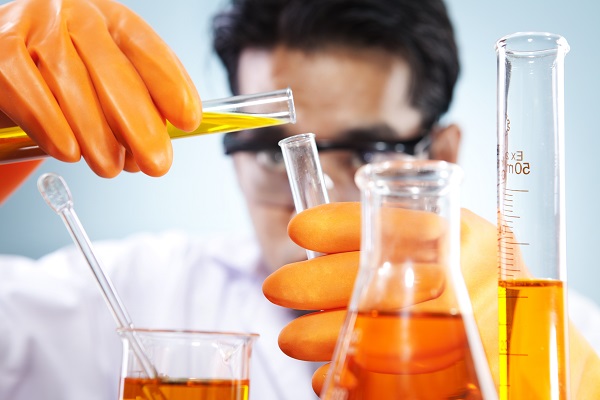Looking for new chemical solvent suppliers? You’re not alone. Considering that just about every industry requires chemicals, having a chemical...
Blog


CHEMICAL INDUSTRY NEWS
Chemical Chat – Discover What’s New!
White Oil Lubricant: Discover Smooth Operations in Machinery
Machinery plays an enormous role in manufacturing. Without machines, many industries would struggle to meet production demands and would shut down....
What Does the Military Use to Clean Weapons? 3 Common Solutions
Just like with machines, it’s important that weapons are cleaned and well-maintained to prevent accidents from occurring. In this blog post, we’re...
Industrial White Oil: Applications and Benefits in Different Sectors
White oil, also known as mineral oil is a colorless mixture of hydrocarbons obtained from petroleum. Manufacturers...
White Oil Lubricant: Discover Smooth Operations in Machinery
Machinery plays an enormous role in manufacturing. Without machines, many industries would struggle to meet production...
Company News
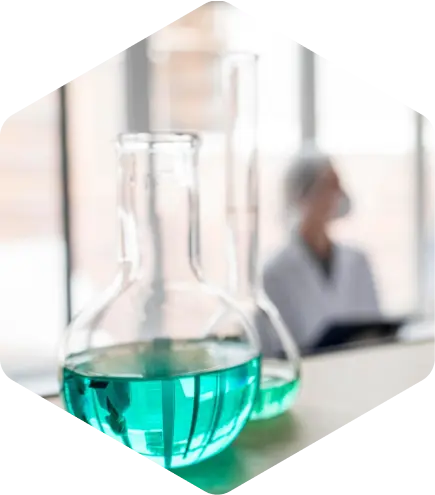
Managed Services
Discover the Latest in Safe and Sustainable Chemical Solutions
Stay informed with Ecolink’s blog! Subscribe now
Chemical Management Information
Stay updated with us
Sign Up for the Latest Updates
Stay informed about chemical supply chain disruptions and emerging innovations to keep your business at the forefront of efficiency and innovation. Uncover new ways to make your business practices more sustainable by incorporating safer products into your cleaning lineup.



